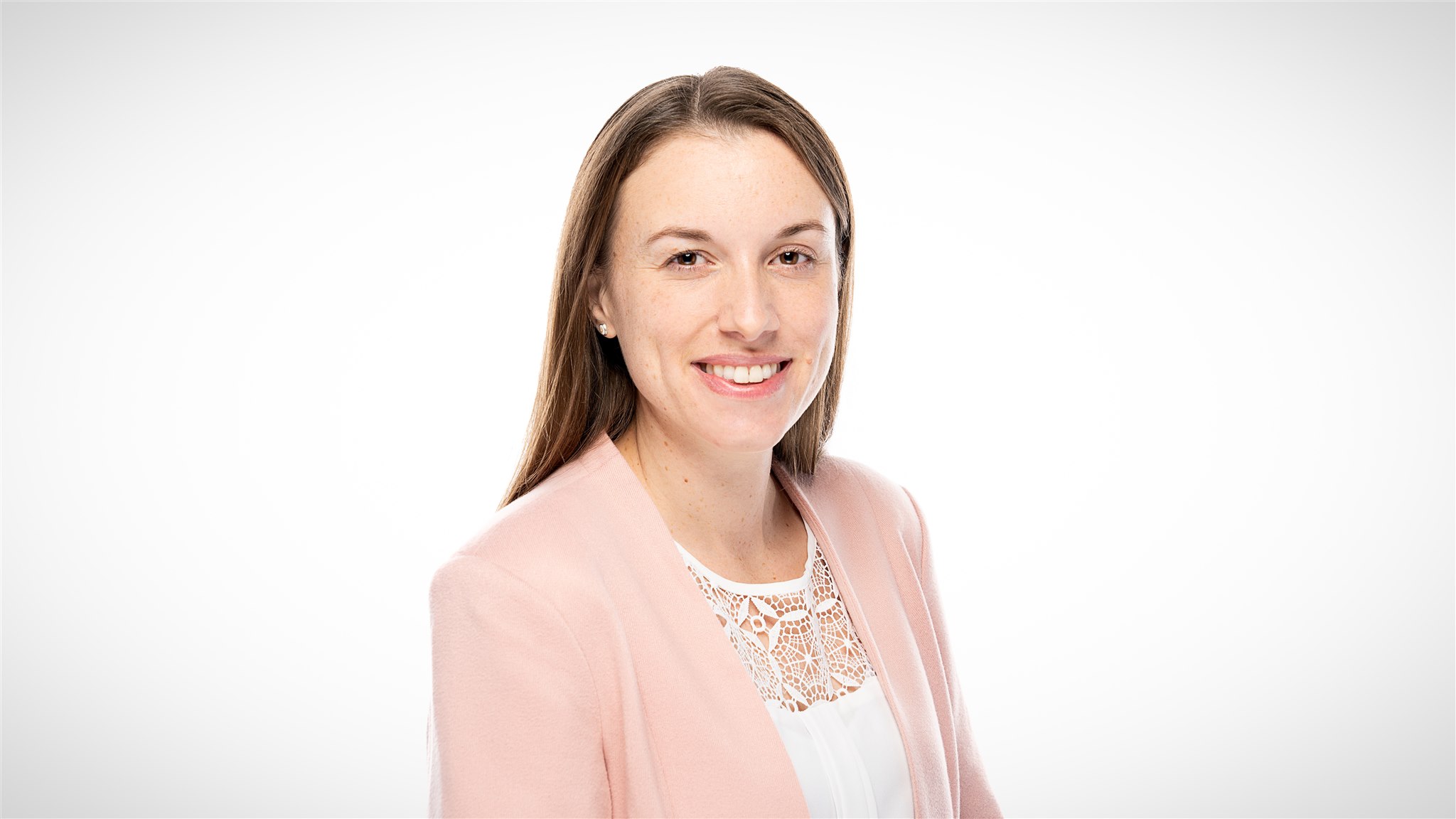When the COVID-19 pandemic plunged the world into a global state of emergency in early 2020, im- provisation was initially required in many areas of society. Solutions had to be found to keep various areas of society functioning, at least provisionally, under the conditions of social distancing. These solutions were more successful in some areas than others.
We all hoped to find a third category alongside success or failure—that some areas that were previously seen as major challenges could also permit a phase of experimentation or partial success. We have all begun—somewhat hopefully—to talk about or even promote the “new normal”.
This concept often referred to the benefits of digital transformation, which has been quite slug- gish so far. Many areas of society, this crisis has shown us once again, can benefit from thoughtful and intelligent digital integration. One such area is education in general and higher education in particular. Educational research has been investigating how to improve teaching and learning with digital support for years, and educational institutions and many tech companies have considered this idea.
Now that more than two years have passed since the beginning of the COVID-19 pandemic, we want to take another look at how the digitization of higher education is developing around the world in this Global Learning Report 2022. While our focus last year was on immediate crisis man- agement, this year we know more about what has worked and can lead to sustainable success, and at what point a careless approach can cause the educational experience to deteriorate, create barri- ers, and foster inequalities.
To avoid these harms, we strongly believe that global exchange is necessary in education and reflection on the same. We seek to create a foundation for educators to work together on a fair and accessible system of global education.



